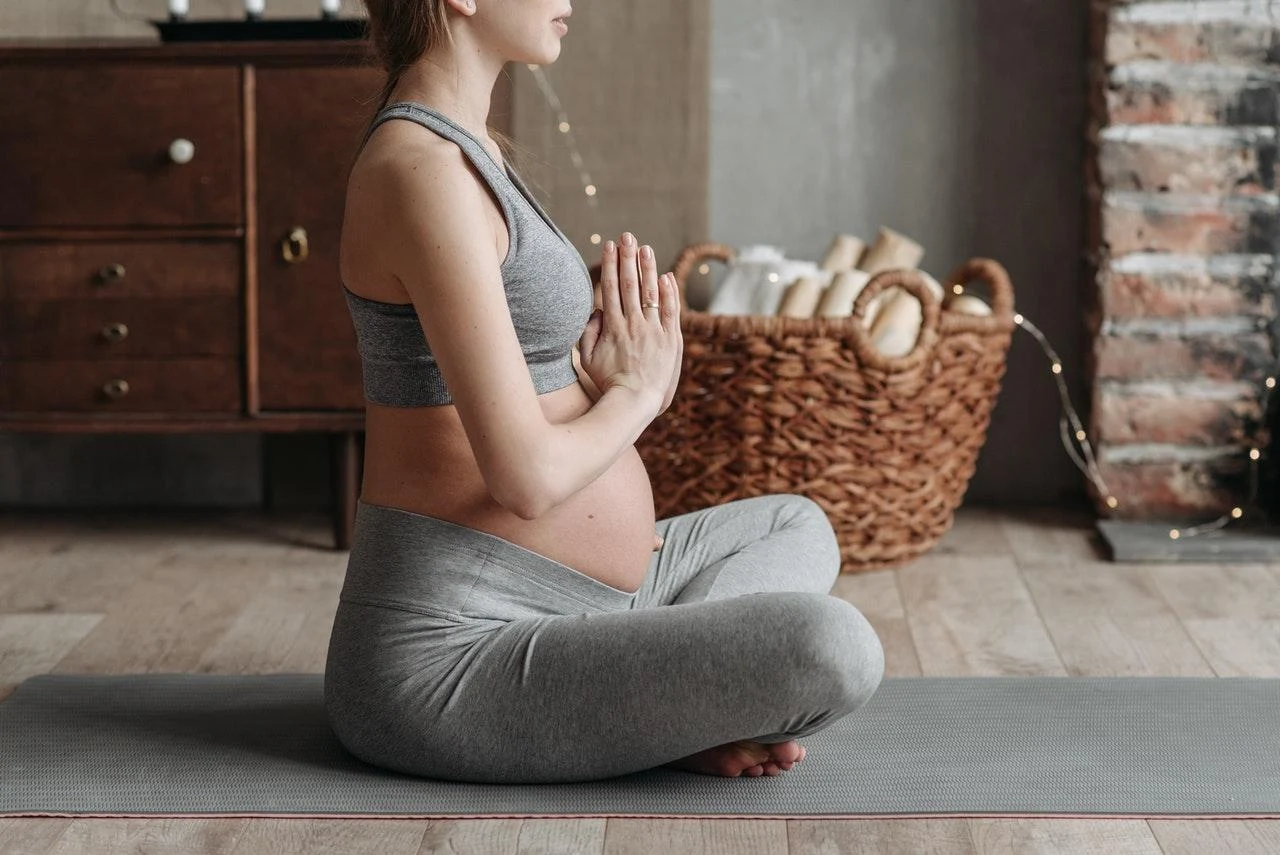The earliest stage of pregnancy is the first trimester. Several physical and mental changes you can expect in the first-trimester pregnancy. Here's everything you need to know about the first trimester of pregnancy.
1st-Trimester Pregnancy: What to Expect
Although you might not yet appear to be pregnant, chances are that you are. You may experience a variety of aches and sensations, ranging from exhaustion to flatulence, as a flood of pregnancy hormones prepares your body to host your kid for the next nine months.
Even while some of these symptoms may not make you particularly happy, try to keep in mind that these brief discomforts are a necessary part of the amazing internal process that is taking place: You are developing a kid! The earliest stage of pregnancy is the first trimester. Before you are even pregnant, it begins on the first day of your last menstruation and lasts until the end of the 13th week. But there are 1st-trimester issues as well. Here in this article, we will discuss what to expect in 1st-trimester pregnancy.
What to Expect in the First Trimester of Pregnancy
The first trimester must be healthy for the fetus to develop normally. Even though you may not be displaying much on the outside just yet, the fetus's primary organs and systems are all still developing internally.
Several changes occur as the embryo embeds itself in the uterine wall, including the production of the:
Amniotic sac
Throughout the whole pregnancy, the fetus is encased in an amniotic sac, which is filled with amniotic fluid. The fluid that surrounds and protects the fetus from harm is called amniotic fluid, which is produced by the fetus and the amnion (the membrane that covers the fetal side of the placenta). It also aids in controlling the fetus's body temperature.
Placenta
An organ with a flat cake-like shape, the placenta only develops during pregnancy. It uses microscopic projections on the uterine wall known as villi to connect to it. These villi are home to fetal blood arteries that develop from the umbilical cord and exchange nutrients and waste products with your blood. A thin membrane separates your blood supply from the fetal blood arteries.
Umbilical cord
The rope-like umbilical cord joins the fetus to the placenta during pregnancy. Two arteries and a vein are found in the umbilical cord, which transports nutrition and oxygen to the fetus as well as waste materials away from the fetus.
The fetus is most vulnerable to harm during this first trimester from substances like alcohol, narcotics, and some medications as well as diseases like rubella (German measles).
Your body and the body of your unborn child are undergoing tremendous change during the first trimester.
Is it normal to have cramps in your first trimester?
Yes, some cramping and discomfort in the stomach during the first trimester are typical. Light bleeding or slight cramping can happen in the early stages of pregnancy when the embryo connects to the uterus in a process known as implantation.
In the first trimester, cramping is also pretty frequent, as are the symptoms of gas and bloating. Additionally, particularly after an orgasm, you may begin to feel some pressure in this region of your body as your body transfers more blood to the uterus.

